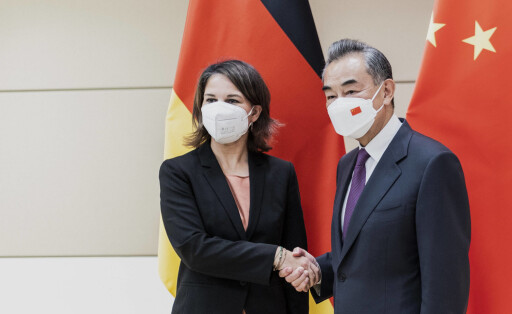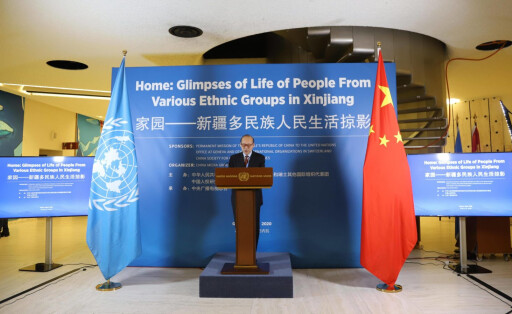




When Olaf Scholz will hold talks in Beijing, things will be tougher for him than for his predecessors. China's understanding of foreign policy has changed. It sees itself as the spearhead of a new global balance of power. Its partners are also feeling this.
By Christiane Kuehl


The purpose of diplomatic language is to prevent political differences that lead to a deterioration of relations between two states. Ralph Weber of the University of Basel sees in a diplomatic verbal exchange with authoritarian states a risk of undermining own democratic values. Especially when they have existed for 50 years, as between Germany and the People's Republic of China. Therefore, democracies should pay meticulous attention to their choice of words and avoid the use of numerous terms.
By Experts Table.Briefings

There won't be a big celebration of the 50th anniversary of diplomatic relations between China and Germany. The German side in particular is upset. But the reason for the disappointment is not only to be found in Beijing.
By Michael Radunski

Fifty years of diplomatic relations have passed before Germany is represented by a female ambassador in Beijing for the first time. Patricia Flor is the first woman to hold the post, and from the very first days she has taken a somewhat different approach to the office than her predecessors: more presence on social media – and thus more open criticism of the Chinese leadership. The interview was conducted by Amelie Richter.
By Redaktion Table


Wherever criticism of China is voiced during the 51st session of the Human Rights Council in Geneva, diplomats from the People's Republic are close. They hijack panel discussions with minute-long statements and take down the names of all opposing speakers. Through its influence on other UN bodies, the country denies accreditation to UN participants it does not want to speak out. Instead, Chinese organizations under the guise of independence increasingly claim more speaking time.
By Marcel Grzanna